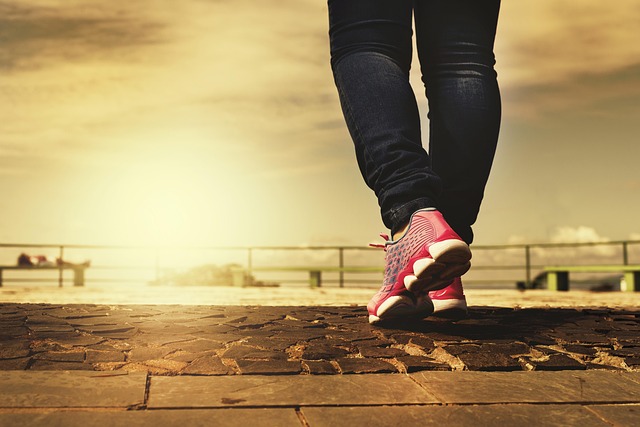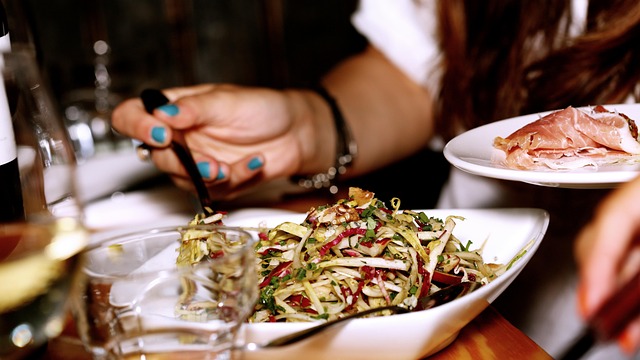
Strokes hit fast and without any warning. One moment, everything is fine, the next, you wake up not being able to speak or move properly. Unfortunately, this is the reality for millions of people worldwide, yet studies have shown that up to 80% of strokes are avoidable. Luckily, reducing stroke risk doesn’t have to entail expensive medications or treatments. In fact, it could be as simple as making a few tweaks to your habits. In this article, we will take a closer look at several stroke prevention tips regarding eating and bedtime habits.
Why Are the Moments After a Meal and Before Bed Important?

After you have just eaten, your body is required to manage a rise in insulin and glucose. What you do in these moments can either smooth or sharpen that after-meal spike. Just before bed, your internal clock starts to shift toward repair mode. In this mode, your body goes through the process of lowering your blood pressure and preparing your body for the following day. There are several habits, however, that can interrupt these processes, such as eating or drinking alcohol late at night, or irregular sleeping patterns. This has been shown to increase your risk of cardiovascular issues and even stroke. Here are a few tips that will help with stroke prevention.
Don’t Nap or Lie Down after Eating

We get it, nothing feels quite as relaxing as lying down on the couch and watching a series on Netflix after eating a meal. However, when you lie down, the content of your stomach moves about, potentially leading to acid reflux. If this is something you do habitually, it can result in inflammation of your esophagus and disturb your sleep. As tempting as lying down may be, try to remain upright for around two to three hours after a meal. You should also not eat late and preferably finish at least three hours before going to bed, especially if you suffer from nighttime GERD.
Rather Take a Little Walk

According to the National Library of Medicine, taking a short walk after eating can be beneficial to your health. For example, it helps your muscles take in the circulating glucose, which softens after-meal spikes that can put strain on your blood vessels. Walking regularly also improves important factors that determine your stroke risk, such as weight, lipids, and blood pressure. Even if you are stuck indoors due to the weather, there are still little chores and exercises that you can do to help you refrain from being too sedentary after a meal. With time, you will find that you have more energy in the afternoon and experience less of a midday slump.
Don’t Drink Alcohol Straight After Eating

Some people cannot resist having a glass of wine with their dinner. Others may have the occasional “digestif” after a meal. However, while drinking alcohol may temporarily widen your blood vessels and lower blood pressure, it will subsequently raise nighttime blood pressure. Additionally, it also makes sleep more fragmented and even increases your risk of arrhythmia with heavy use. Drinking heavily has also been associated with hypertension and stroke, so the risks far outweigh any perceived benefits.
Don’t Eat Dinner Late

At a certain time of the evening, your body expects to start winding down. However, when you eat late, your insulin and digestion are forced to work overtime. This can cause your blood sugar to rise, increase reflux, and make it harder for you to sleep properly. You should ideally have a two to three-hour gap between finishing your meal and going to bed. This has been linked to fewer overnight reflux symptoms and better metabolic health. However, if eating late is really unavoidable, rather eat something light so that your body doesn’t have to work too hard to digest it.
Try to Keep a Regular Bedtime Schedule

Several studies have shown that having an irregular sleeping pattern is linked to a higher risk of developing cardiovascular issues. This was even after accounting for the total duration of sleep. You should ideally get around 7 to 9 hours of sleep every night and adhere to a regular time for going to bed and waking up. You can train your brain to prepare for sleep by following a routine, such as having a shower, dimming the lights, and reading before going to sleep. If you are used to going to bed late, try retiring 15 minutes earlier every night.
Don’t Drink Alcohol Before Going to Bed

Not only should you avoid alcohol after a meal, but you should ideally not drink before bed either. While it may make you feel relaxed at first, after it wears off, it increases your chances of waking up throughout the night and suppresses REM sleep. This results in unpredictable overnight blood pressure patterns and affects your restorative sleep. If you do have a drink or two in the evening, make sure to drink some water between drinks and leave a couple of hours between your last drink and bedtime.
Limit or Eliminate Caffeine Before Bed

Proper sleep is vital for lowering cardiovascular and stroke risk, and drinking caffeine too close to bedtime will heavily affect your sleep. One study tested to see how caffeine affected people if given at different times. The participants took doses right before bed, three hours before, and six hours before bed. In every instance, the participants’ sleep was interrupted. That means if you want to get a decent night’s rest, you should cut off any caffeine intake by the late afternoon. Lowering stroke risk is all about making sure you stick to these simple but effective tips.